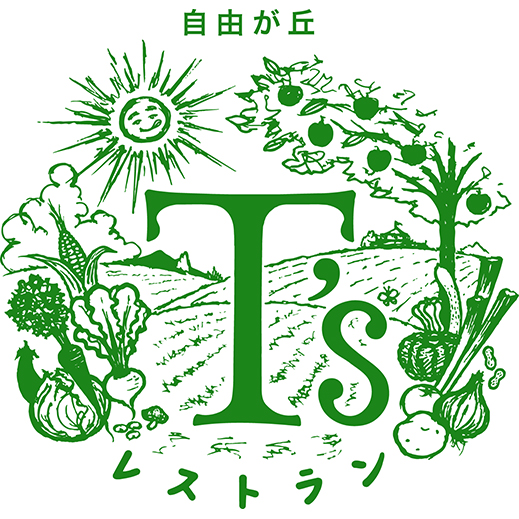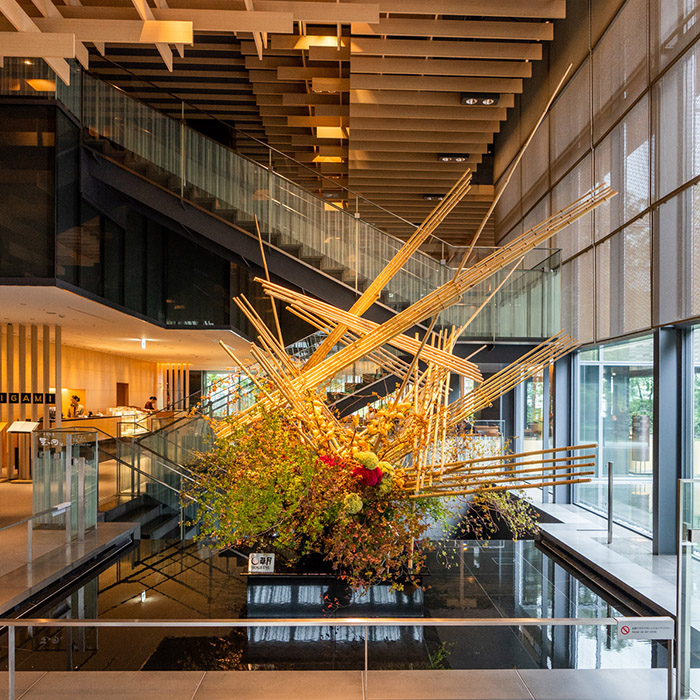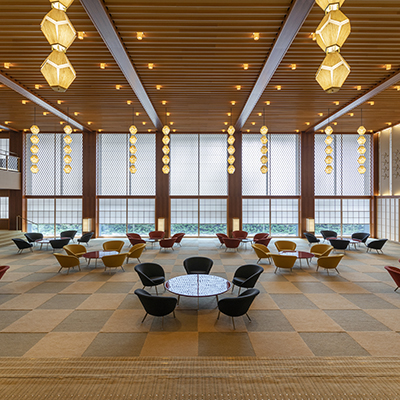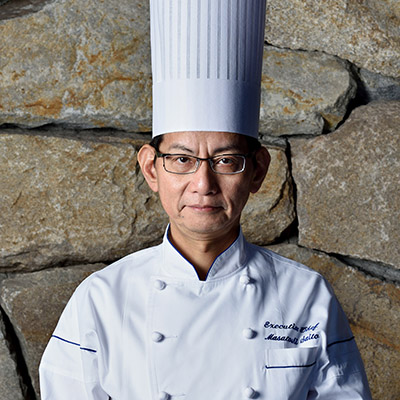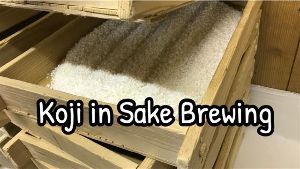November 14, 2025
Edo-mae Sushi at the Imperial Hotel
A legacy preserved by tradition, and a new breeze brought by a young female chef
Nestled on the first basement floor of the Imperial Hotel Tokyo is Sushi Nakata, a long-established Edo-mae sushi restaurant with a proud history spanning more than 70 years. Upholding this legacy is the third-generation owner, Mr. Takuya Nakata. At the counter stands a young female sushi chef, Ms. Yoshiko Hikida, who joined the restaurant only a few months ago yet already works with remarkable focus and grace. In a field traditionally dominated by men, her calm determination and poised presence embody the arrival of a new era in Japan’s culinary world.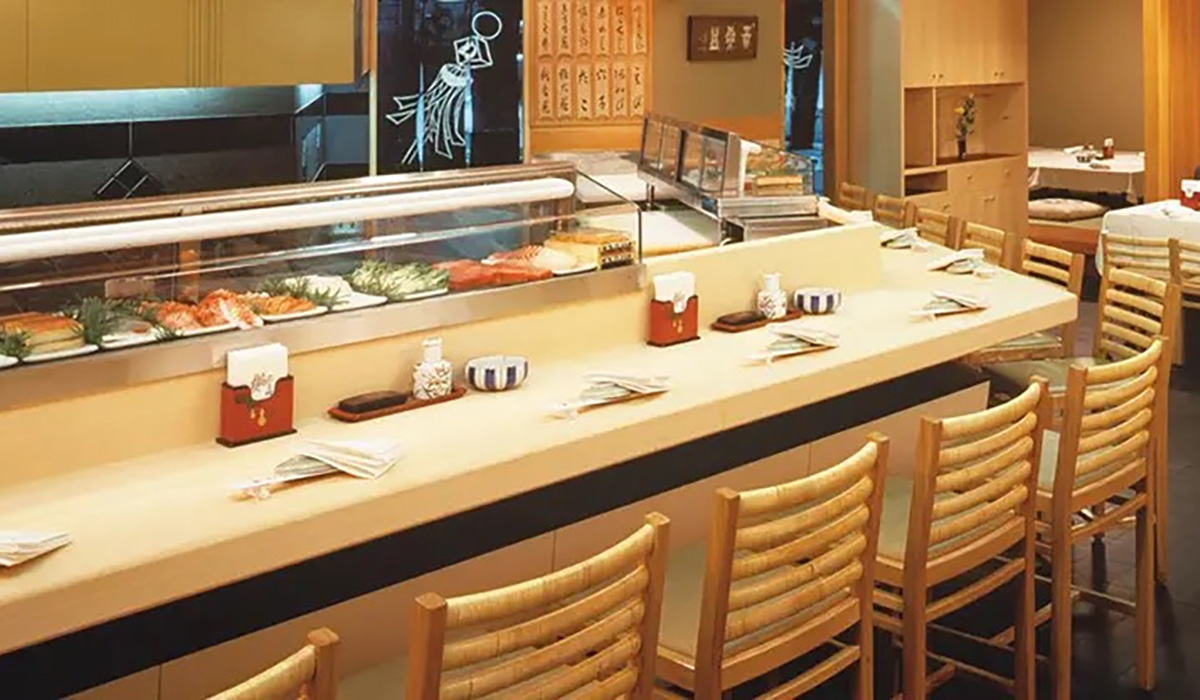
The Path to Becoming a Female Sushi Chef
Before entering the world of sushi, Ms. Hikida spent 13 years as an office worker while studying for a year at the Tokyo Sushi Academy. She recalls, “I have always loved making food that makes people happy. One day, at a home party, a senior from the Tokyo Sushi Academy prepared sushi right in front of us. The joy and inspiration I felt at that moment led me to pursue this path.”
Becoming a sushi chef is known to require rigorous training. It demands discipline, precision, and respect for hierarchy and etiquette. For Ms. Hikida, each day is an apprenticeship, and simply standing behind the counter is still a rare position for a woman. “I still have a lot to learn,” she says with a smile, “but I am blessed with supportive seniors and colleagues. Every day is full of new lessons, and I do my best to offer each guest the finest sushi I can make.”
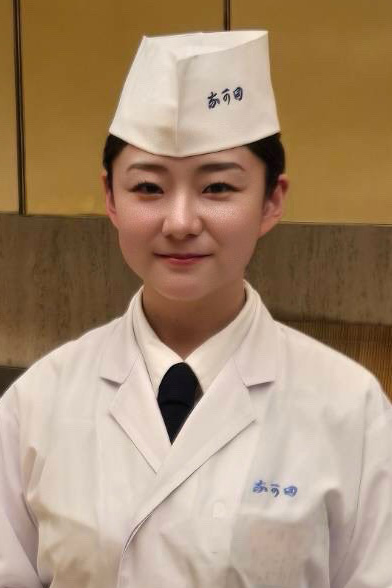
Since its founding in 1890, the Imperial Hotel Tokyo has stood as a symbol of Japan’s refined hospitality. Designed to welcome distinguished guests from around the world, it has hosted royalty, diplomats, and global leaders for more than a century. Combining classic elegance with modern sophistication, the Imperial Hotel continues to embody the spirit of omotenashi—Japan’s deep sense of heartfelt hospitality.
For Ms. Hikida, working in such a prestigious setting carries a special sense of responsibility. “As a restaurant within a first-class hotel, maintaining quality is the most important thing. I focus on mastering the basics of sushi, as well as the manners and service expected in this environment. Most of all, I try to welcome every guest with the spirit of ‘You are truly welcome here.’”
Encounters with International Guests
Although she has been behind the counter for only a short time, Ms. Hikida already has memorable experiences serving international guests. “I can’t speak English,” she says modestly, “but once, when I served sushi to a guest from overseas, he smiled and said, ‘Good!’ That made me very happy. I would say about 20 to 30 percent of our guests are from abroad, and I always try to treat them with the same sincerity and hospitality as our Japanese customers.”
Looking Ahead
With Japanese cuisine booming worldwide—there are said to be about 169,000 Japanese restaurants across the globe—skilled sushi chefs are in high demand. When asked about her dreams for the future, Ms. Hikida answers with quiet determination. “First, I want to continue refining my skills here in Japan and preserve the true tradition of Edo-mae sushi. Japanese fish are the best for sushi. I want to understand each ingredient deeply and improve my craft, from filleting the fish to preparing every detail with care.” Her goal was not to look abroad but to first establish a solid foundation at home, and she remained humble and earnest until the end.
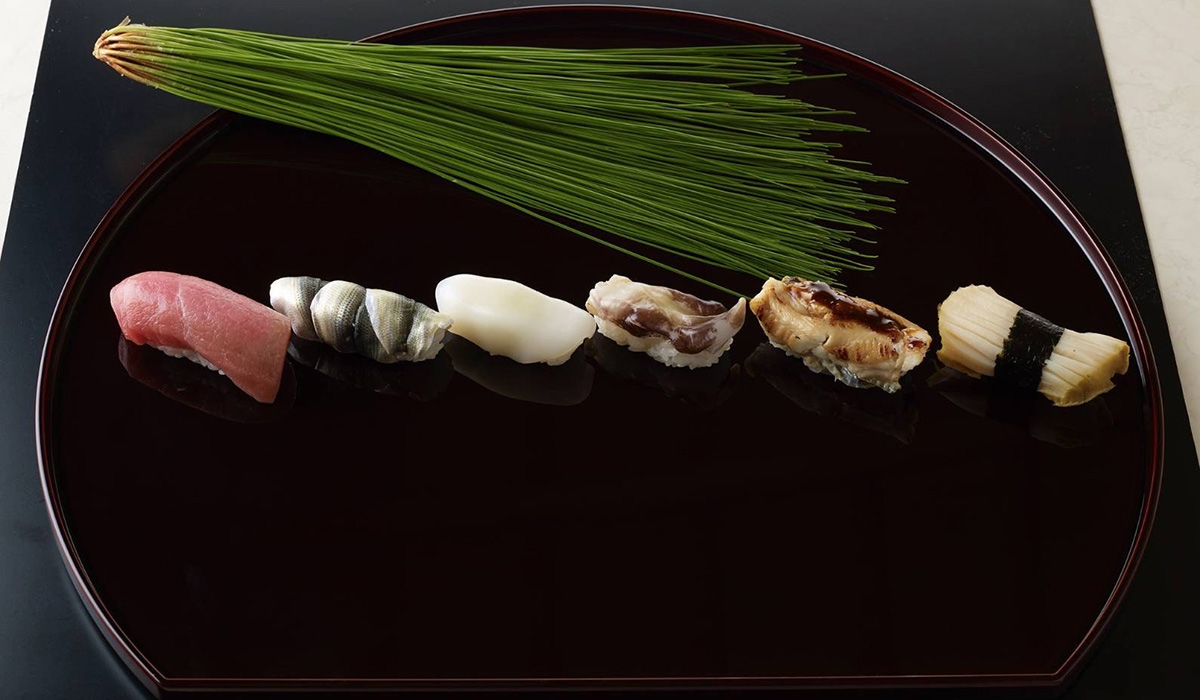
Interview with Third-Generation Owner, Mr. Takuya Nakata
The Edo-mae tradition passed down through three generations remains unchanged. Mr. Nakata also operates a branch at the Rihga Royal Hotel in Osaka, sharing the essence of Edo-style sushi with Kansai diners. While modern sushi has evolved into countless forms —from California rolls to fusion creations —Nakada’s philosophy remains firmly rooted in the simplicity and refinement of authentic Edo-mae.“Back in the old days, sushi offered fewer than ten types of toppings—tuna, shrimp, sea bream, ark shell, conger eel, gizzard shad, horse mackerel, tamago (egg), and kanpyo rolls. That was the original form of sushi,” says Mr. Nakata. Rather than pursuing flamboyance, Nakata takes pride in offering refined yet straightforward sushi rooted in tradition. This is the spirit of true Edomae that the restaurant strives to embody.
Reputation Built on Word of Mouth
In an era dominated by social media, Mr. Nakata still believes that a trustworthy reputation grows only through word of mouth. “When guests tell others that the sushi was delicious, and those people come and feel the same, that genuine chain of satisfaction is the greatest treasure for our restaurant,” he says. In the words of the third-generation owner, one can feel the unwavering conviction that only a long-established restaurant can possess.
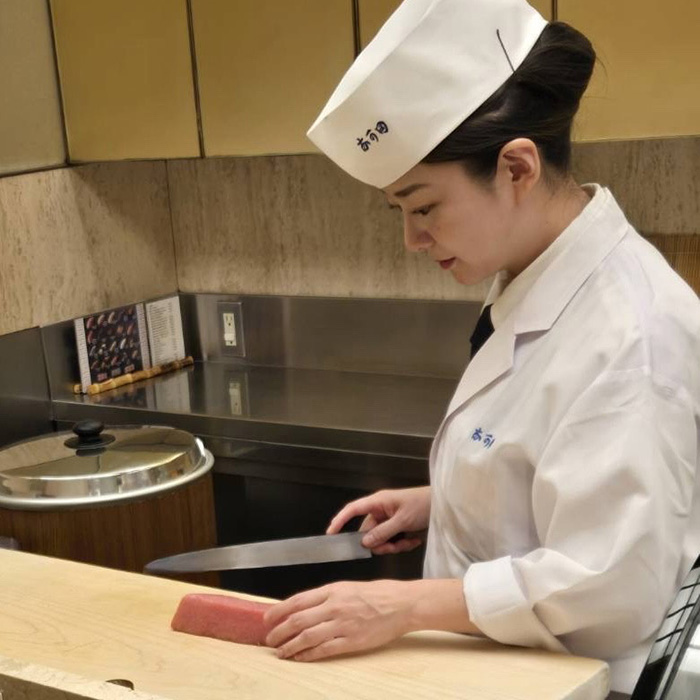
Entrusting a new chef with the counter only months after joining is rare, but Mr. Nakata saw something special in her. “Most people would be trembling with nervousness, but she wasn’t. She showed confidence and composure from the beginning,” he recalls. Her work is meticulous, and her communication with guests is excellent. “If she continues to add speed to her precision, she will become a fully accomplished sushi chef in just a few years,” he says.
While staying true to the roots of Edo-mae sushi, Sushi Nakata is also nurturing a new generation of artisans. With masters like Mr. Nakata guiding and young talents like Ms. Hikida rising, the restaurant’s future promises to be even richer and more inspiring.



